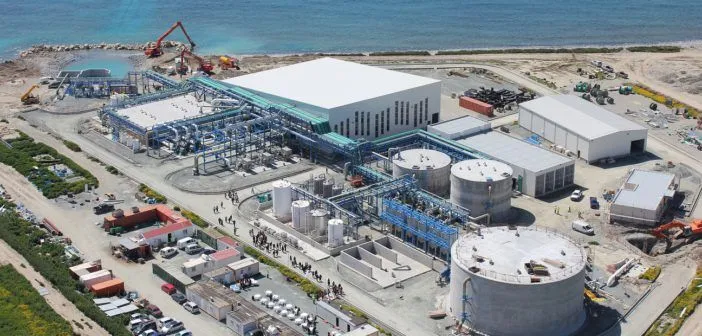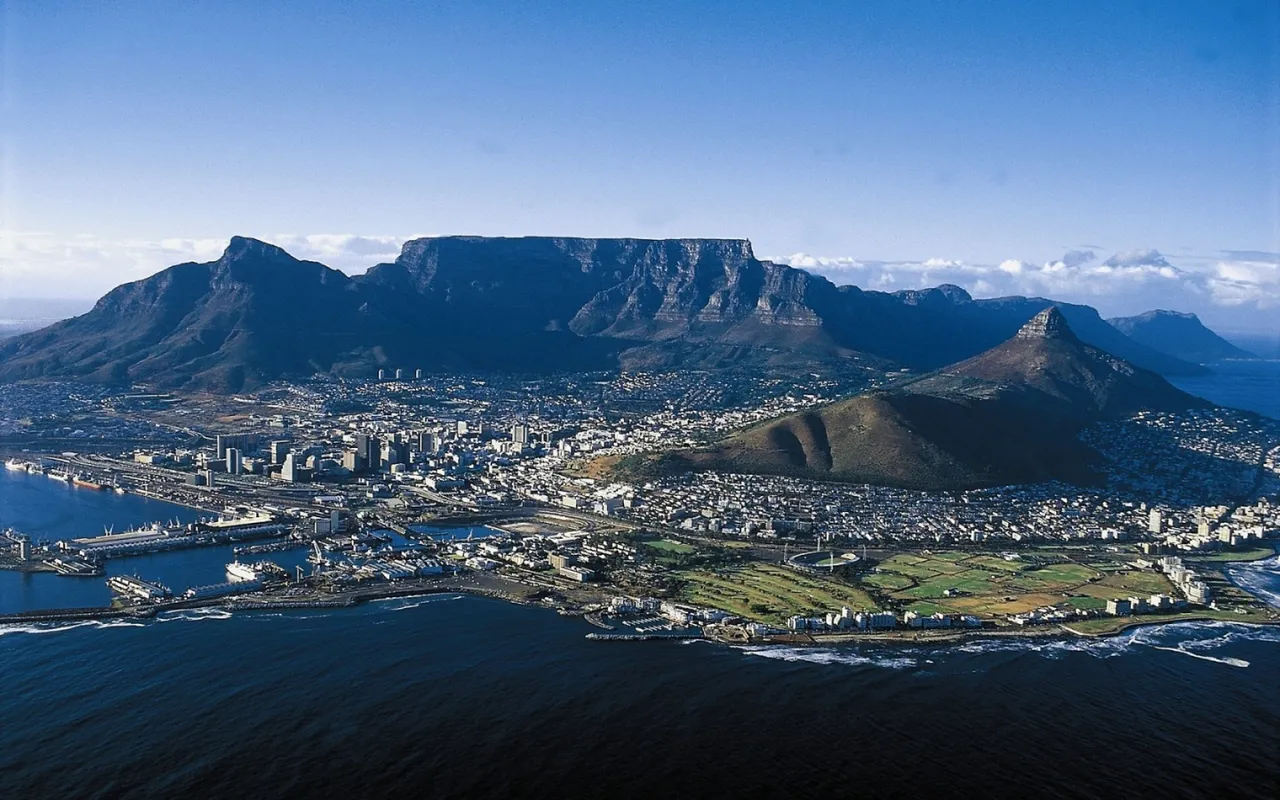Desalination is the process of removing salt and other minerals from water to make it suitable for human consumption. It has been praised by governments and private corporations as the answer to water shortages around the world, but is it really the perfect solution to water scarcity?. Desalination plants uses high amounts of energy, creates toxic by-products and the water produced might be causing health problems for people consuming it.
Cape Town's Water Crisis
The water crisis in Cape Town is an unnatural disaster, created to force people to accept water price increases, ridiculous by-laws, faulty water meters and also expensive and extreme measures such as desalination. Over the many years of low rainfall in Cape Town, the City's only response was to implement water restrictions.
No natural alternative water sources were made use of by the City, such as the millions of litres of natural spring water running into the sea everyday. Besides the water flowing into the sea, there is an untapped water resource under the City of Cape Town, the ' Table Mountain Group Formation Aquifer', which contains billions of cubic metres of clean drinkable water.
An aquifer is a body of permeable rock which can contain or transmit groundwater, the Table Mountain aquifer is one of the largest in the world and the only other aquifer with a similar rock formation can be found in South America.
Hermanus, a town about 120km from Cape Town, tapped into this water resource in 2011 and is not experiencing a water crisis. The City of Cape Town also had plans to make use of water from the aquifer in 2011, but the plans were put on hold.
Another failure by government was the failure to clear the canals leading to the Voëlvlei dam, The dam had been blocked by rubble that someone had dumped there in 2016, resulting in a loss of 7,5 million cubic metres of water, enough water for the whole of Cape Town for 2 weeks.
The City was warned more than a decade ago that Cape Town will run out of water but failed to take the necessary steps to avoid a crisis.
Desalination Bad for The Environment and Your Health
Pre-treatment of Water
To make the treatment of the water more efficient and successful, desalination requires pre-treatment and the adding of chemicals before the water is desalinated. The chemicals that are added include hydrogen peroxide, hydrochloric acid and chlorine. This is a major environmental concern as these chemicals often find their way into the ocean, poisoning plant and animal life.
Brine Production
The water that is left over after desalination has a super saturation of salt and most desalination plants dispose of this brine by pumping it back into the sea. Marine life cannot adjust to the change in salinity of the water, the brine causes a decrease in oxygen causing plants and animals to suffocate.
Negative Effects on Marine Life
Plankton and phytoplankton are the base of the food chain for all marine life and are the most commonly affected by the toxic by-products produced by desalination plants. When pumping water into the deslination plants, it's not only water that gets sucked in - animals, plants and eggs get trapped and killed in the process.
Negative Effects on Health
Magnesium a key mineral that is found in normal water, is not found in desalinated water leading to an increase in the risk of heart disease. In Israel, in areas where there is wide use of desalinated water, a study has shown that there is an elevated mortality risk of myocardial infarction.
Although they supply high quality water, it is devoid of some key minerals found in normal water, like magnesium. Magnesium shortages can raise the risk of heart disease, with some experts pointing to a significant shortage of this important mineral in the water.
Initial results of Israeli studies point to an elevated mortality risk of myocardial infarction in areas where there is wide use of desalinated water, said public health expert Prof. Yona Amitai, speaking recently at a Bar-Ilan University conference on regulating water supply.
https://www.haaretz.com/israel-news
The City of Cape Town releases 36-million litres of effluent a day into the sea, some of which would most likely find it's way into the desalination plants. A study done by the top Universities in the Western Cape showed that even after desalination, the water could still be contaminated.
"It is probable that the water recovered from desalination may still be contaminated with traces of complex pollutants after the [desalination] process... This probability represents a public health issue."
http://www.huffingtonpost.co.za
Sources:
The Disadvantages of Desalination
Ocean Desalination No Solution to Water Shortages
Cape Town’s untapped water source explored
Western Cape Moves In to Clear Vital Water Canals



